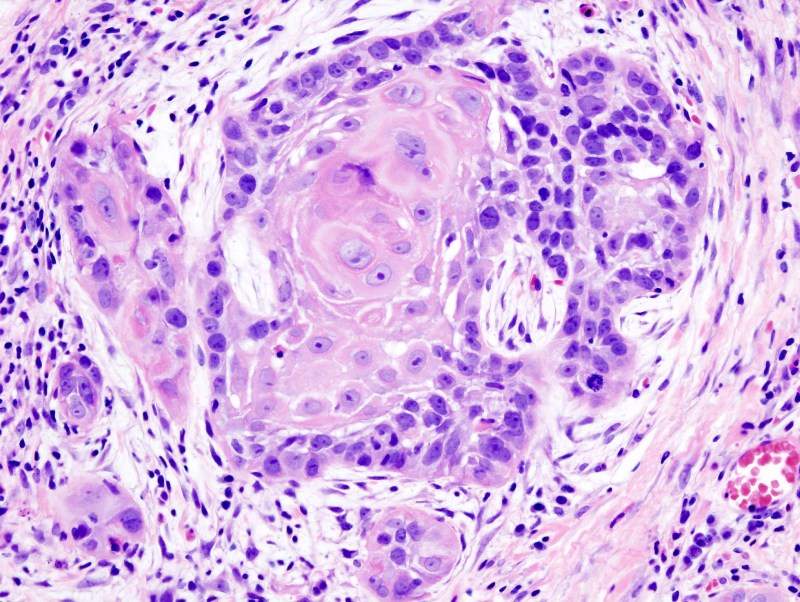
Merck has reported positive data from the Phase III KEYNOTE-181 trial after it met one of its primary endpoints of overall survival (OS).
The study evaluated keytruda in comparison with chemotherapy in patients with advanced / metastatic adenocarcinoma, squamous cell carcinoma of the esophagus, or Siewert type I adenocarcinoma of the esophagogastric junction that has advanced following first-line standard therapy.

Discover B2B Marketing That Performs
Combine business intelligence and editorial excellence to reach engaged professionals across 36 leading media platforms.
Results demonstrated that patients treated with keytruda achieved a statistically significant improvement in OS compared to chemotherapy regardless of their histology.
Merck investigated the primary endpoint of OS in patients with squamous cell histology and in the entire intention-to-treat (ITT) patients.
The company received directionally favourable results, but failed to obtain any statistical significance for OS in these two patient groups.
Key secondary endpoints of progression-free survival (PFS) and objective response rate (ORR) were not formally assessed as the OS was not achieved in the entire ITT study population.

US Tariffs are shifting - will you react or anticipate?
Don’t let policy changes catch you off guard. Stay proactive with real-time data and expert analysis.
By GlobalDataIt was also found that the safety profile of keytruda observed in the KEYNOTE-181 trial was similar to those observed in earlier studies.
Merck Research Laboratories senior vice-president and global clinical development head Dr Roy Baynes said: “In this pivotal trial, keytruda resulted in a statistically significant and clinically meaningful improvement over standard chemotherapy in overall survival for patients with advanced esophageal or esophagogastric junction carcinoma whose tumours express PD-L1 with a CPS of ten or greater.
“This marks the sixth tumour type where keytruda has demonstrated a survival benefit, and represents the first time an anti-PD-1 therapy has achieved overall survival for this patient population.”
The KEYNOTE-181 trial enrolled more than 600 patients who were randomised in 1:1 ratio to receive either keytruda or any of the trial’s three chemotherapy regimens.





